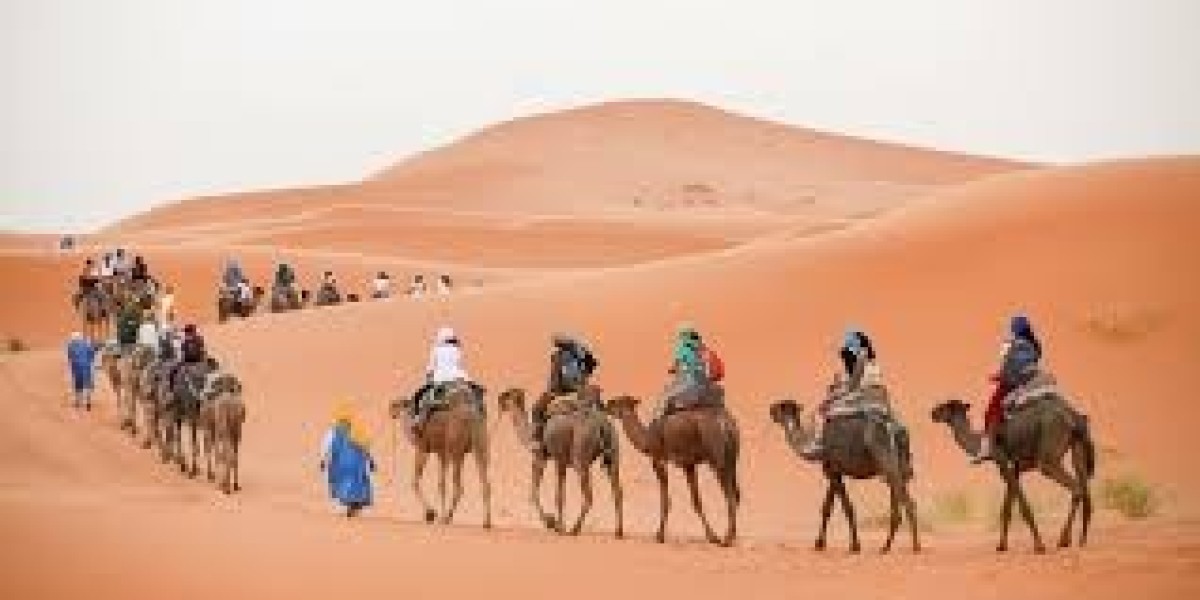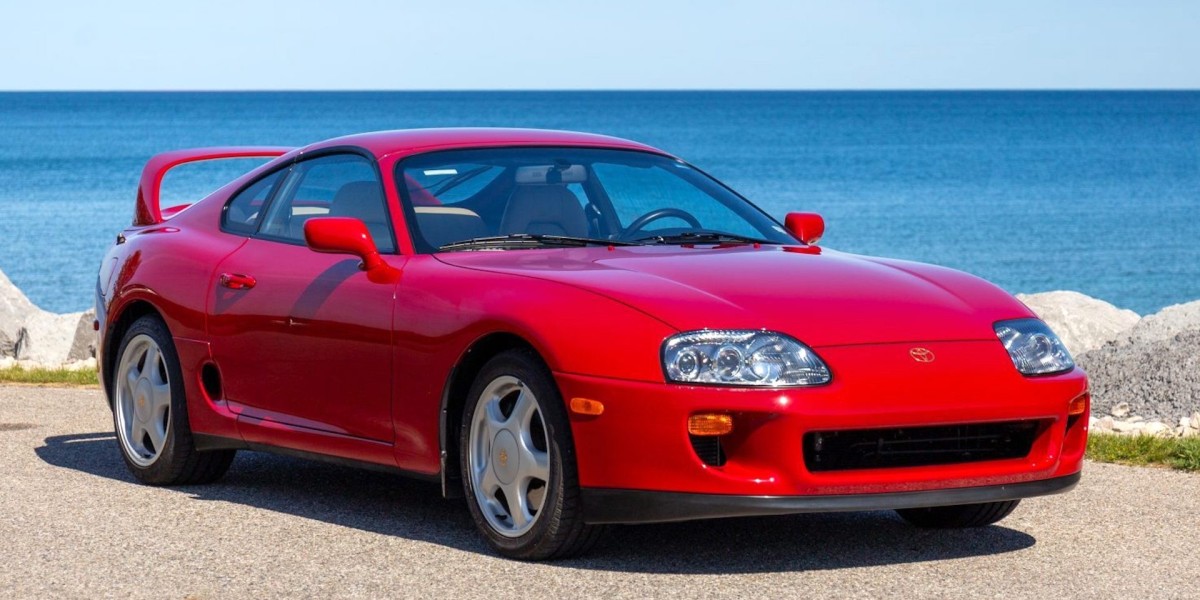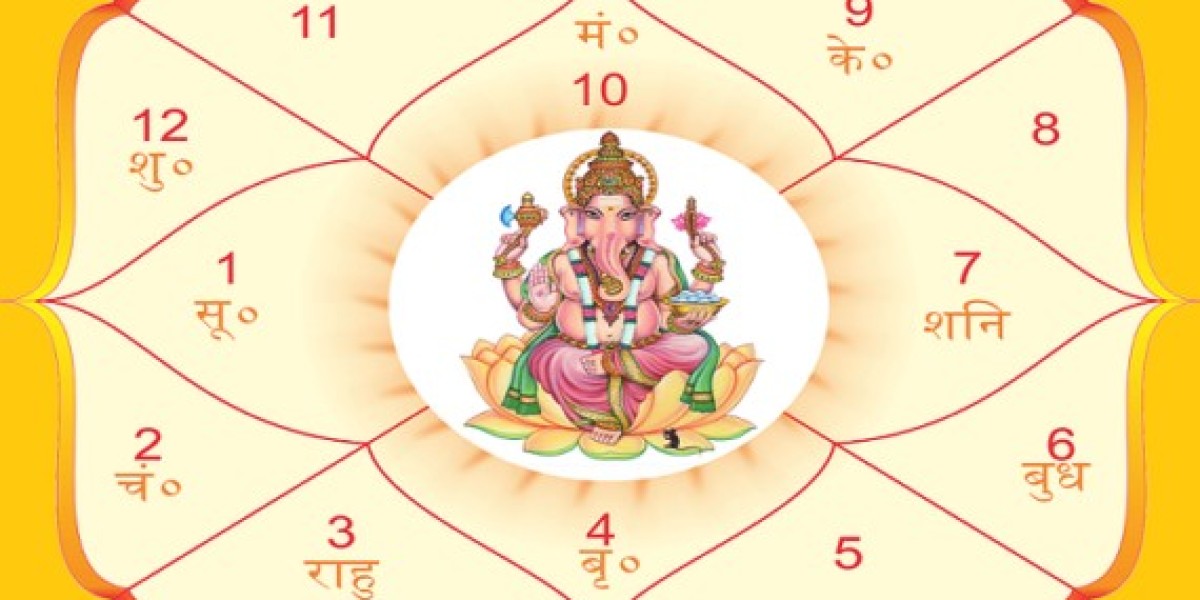Planning a 2 days from marrakech to zagora? Morocco’s desert landscapes are truly mesmerizing, offering everything from sandy dunes to star-studded nights. While the allure of the desert is timeless, the experience you’ll have greatly depends on the season. In this guide, we’ll break down the best time to take a 2-day Marrakech desert tour, exploring each season’s unique offerings, ideal weather conditions, and tips on how to make the most of your adventure.
Why Choose a 2-Day Desert Tour?
A 2-day desert tour is perfect for those who are short on time but still want to experience the breathtaking beauty of Morocco’s desert landscapes. Starting in Marrakech, the tour usually includes stops at iconic sites such as the Atlas Mountains and ancient kasbahs, and then it’s off to the Sahara for a night under the stars. By choosing the right season, you can avoid extreme weather, enjoy stunning views, and make lasting memories.
Overview of Morocco's Desert Climate
The Moroccan desert climate can be harsh and unpredictable, with scorching summers and chilly winters. Understanding the desert climate throughout the year can help you choose the best time to visit. Broadly, Morocco’s desert has four seasons, each with its advantages and challenges for travelers.
- Spring (March to May): Known for mild temperatures and blooming landscapes.
- Summer (June to August): The hottest period with temperatures often exceeding 100°F (38°C).
- Autumn (September to November): Comfortable weather, perfect for outdoor activities.
- Winter (December to February): Cool days and very cold nights, ideal for experiencing the calm and quiet of the desert.
Each season offers something different, so let’s explore how these might affect your trip.
Spring in the Desert: March to May
Spring is one of the most popular times to take a 2-day Marrakech desert tour. The weather is generally mild, with daytime temperatures ranging from 70°F to 85°F (21°C to 29°C). Evenings cool off comfortably, making it a perfect time for campfires and stargazing.
Advantages of Visiting in Spring
- Ideal Weather: Moderate temperatures make daytime exploring comfortable.
- Desert Blooms: Spring brings a unique charm as small desert flowers bloom, adding color to the sandy landscape.
- Less Crowded: Spring crowds are smaller compared to autumn, giving you a more peaceful experience.
Things to Consider
Evenings can still get chilly, so bring layers. Spring is one of the best times for photography, thanks to clear skies and vibrant colors.
Summer: June to August
Summer in the Moroccan desert can be intense, with daytime temperatures soaring to 105°F (40°C) or even higher. If you’re not used to extreme heat, this might not be the best time for a desert tour.
Advantages of Visiting in Summer
- Lower Prices: With fewer tourists, accommodation and tour prices often drop.
- Quiet Experience: Summer brings fewer visitors, making it ideal for those seeking a private and quiet tour.
Things to Consider
Summer travel requires careful planning. Wear sun-protective clothing, drink plenty of water, and take breaks during the hottest part of the day. Camel rides may be limited in the afternoon to prevent overheating.
Autumn: September to November
Autumn is considered prime time for desert tours, offering comfortable weather, beautiful sunsets, and a vibrant cultural atmosphere. It’s a favorite season for many tourists.
Advantages of Visiting in Autumn
- Pleasant Temperatures: Daytime temperatures range between 75°F and 90°F (24°C to 32°C), making outdoor activities enjoyable.
- Fewer Weather Extremes: The desert is less likely to experience sandstorms or heavy winds during autumn.
- Cultural Festivals: The autumn months often coincide with traditional Moroccan festivals, giving travelers a unique opportunity to experience local culture.
Things to Consider
Since autumn is popular, booking your tour and accommodations in advance is recommended to avoid last-minute hassles. Expect to see more travelers, as it’s a peak season.
Winter: December to February
Winter in the desert offers a completely different experience, characterized by cool days and very cold nights. While the sun warms up the day, nighttime temperatures can drop close to freezing.
Advantages of Visiting in Winter
- Serenity: With fewer tourists, winter offers a tranquil desert experience.
- Clear Skies for Stargazing: Winter’s clear nights are perfect for stargazing, with minimal light pollution.
- Unique Desert Atmosphere: The winter chill adds a unique charm to the desert, with misty mornings and crisp air.
Things to Consider
Pack warmly for winter nights in the desert. While some find the cool weather refreshing, others may find the cold uncomfortable. Winter is a wonderful time for photographers looking to capture the desert’s unique winter landscapes.
Month-by-Month Breakdown: When’s the Best?
March to May (Spring)
Expect pleasant temperatures and lush desert scenes. It’s the best time for travelers seeking a blend of comfort, scenic beauty, and cultural experiences.
June to August (Summer)
For budget-conscious travelers or those who can handle the heat, summer offers an off-season experience with fewer crowds.
September to November (Autumn)
An ideal season for those looking to explore the desert in comfort, enjoy cultural festivals, and avoid the summer heat.
December to February (Winter)
Winter is ideal for travelers seeking a quieter, introspective experience in the desert with crisp, clear air for stargazing.
What to Pack for Each Season
Packing essentials depend on the season you choose, so here’s a quick guide:
- Spring and Autumn: Light layers, comfortable shoes, sun protection (hat, sunglasses, sunscreen).
- Summer: Loose, breathable clothing, extra water bottles, high-SPF sunscreen, head cover.
- Winter: Warm layers for the night, a cozy blanket or sleeping bag, and gloves for extra comfort.
Essential Gear
No matter the season, consider bringing a camera to capture the vast landscapes, reusable water bottle to stay hydrated, and a power bank for keeping devices charged.
Other Considerations for Your 2-Day Desert Tour
Beyond the weather, there are a few other factors to consider when planning a 2-day Marrakech desert tour:
- Accommodation Style: Decide between luxury desert camps with amenities or more rustic options for a traditional experience.
- Tour Itinerary: Many tours offer stops at places like Aït Benhaddou, the Atlas Mountains, and local villages. Review the itinerary to match your interests.
- Guide Expertise: Choose a reputable tour operator with experienced guides to ensure safety and a more immersive experience.
Booking Your Tour in Advance: Is It Necessary?
Since the autumn and spring seasons are peak times, it’s advisable to book your 2-day desert tour in advance to secure the best options for accommodations, guides, and itineraries. Summer and winter bookings are generally easier to find last minute, but planning ahead ensures a smoother experience.
Top Reasons to Choose Each Season for Your Desert Adventure
Let’s recap each season’s highlights:
- Spring: Blooming landscapes, moderate temperatures, fewer crowds.
- Summer: Quiet, budget-friendly, but requires heat tolerance.
- Autumn: Comfortable, culturally vibrant, ideal for most travelers.
- Winter: Tranquil, excellent for stargazing, requires warm clothing.
Conclusion: When Should You Go?
Choosing the best time for a 2-day Marrakech desert tour depends on your personal preferences and what you’re looking to experience. For mild temperatures and blossoming landscapes, spring is an excellent choice. If you’re looking for lower costs and quiet solitude, summer is worth considering. Autumn brings comfortable weather and cultural festivals, making it a favorite for many, while winter offers a unique and peaceful experience under clear, starry skies.









